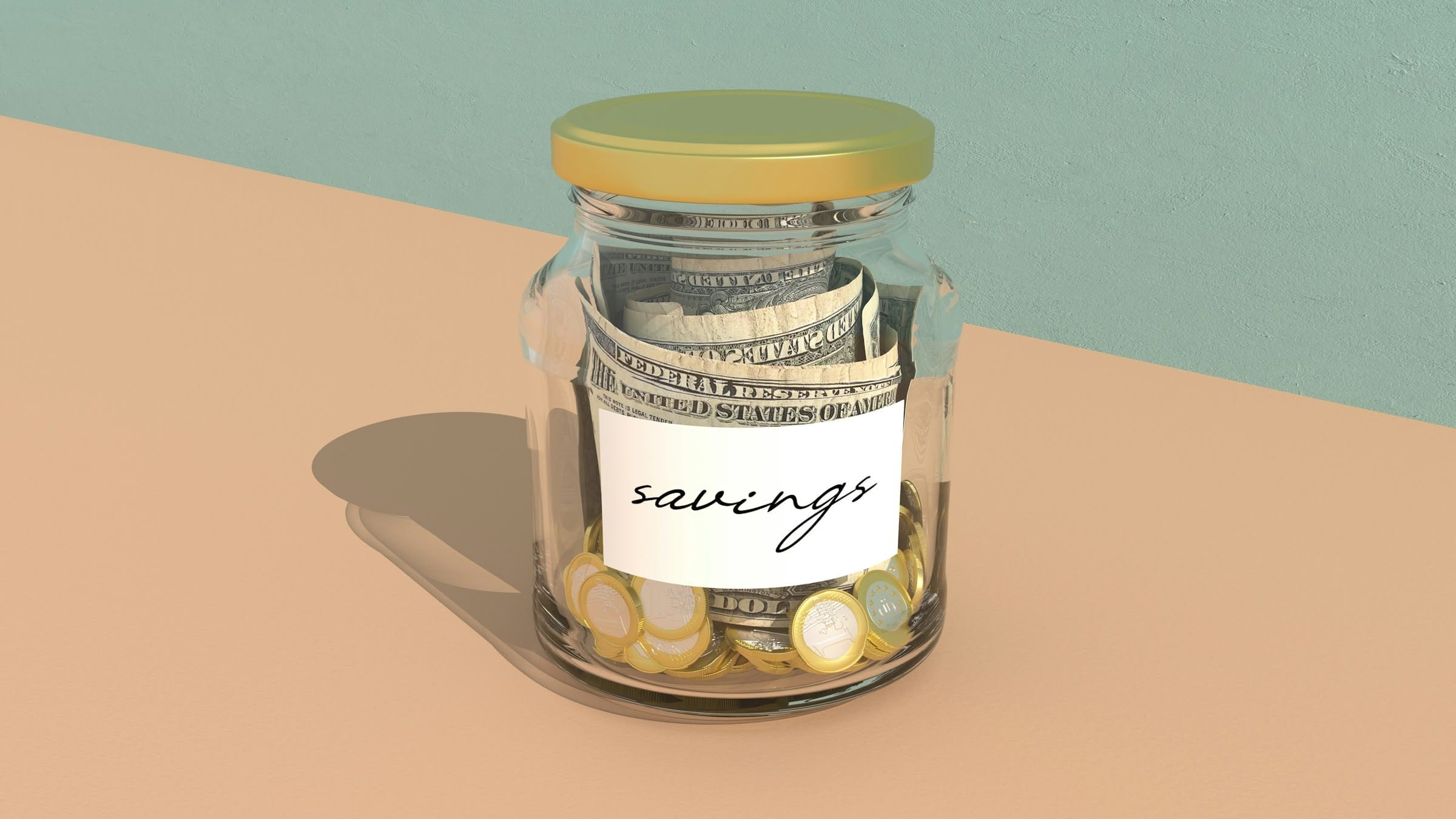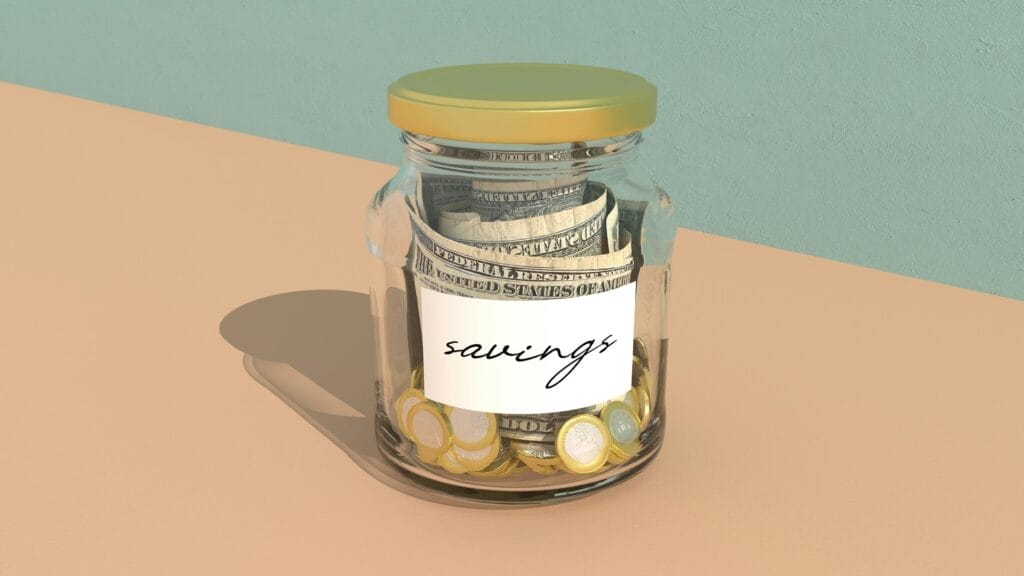Life has a way of throwing curveballs in our direction. One day, everything’s just going swimmingly, and the next, your car’s in the shop, your roof’s leaking, or you’ve lost your job. When such things happen, the last thing you want to be doing is scrambling to cover it all. That’s where being financially ready comes in. Having a carefully planned strategy in place can be the difference between a minor annoyance and an all-out financial crisis.

So, how do you prepare to beat life’s surprises? Let’s break it down step by step.
Set Up an Emergency Fund (Yes, You Need One!)
If there’s one financial safety net you should have, it’s an emergency fund. Consider it an “uh-oh” fund—money set aside for unexpected expenses. Three to six months’ worth of living expenses is the experts’ advice, but even a small cushion will suffice. The key is consistency; even setting aside a little each month can build up over time and make a big difference when you need it most.
Where do you stash it? A high-yield savings account is an excellent option because it’s easy, but not easy enough to tap into for frivolous use. You might also consider a money market account or a separate savings account at a different bank to reduce temptation. The key is to make saving a habit—enroll in an automatic transfer monthly, and you’ll have a solid backup plan before you know it.
Budgeting: The Unsung Hero of Financial Stability
A budget is not a limitation—it’s a means of getting your money working for you. When you know where your money is coming from, you’re in control. That translates to less stress and fewer “Wait, where did all my money go?” episodes.
Start with the fundamentals:
- Track your income and expenses.
- Cut out things you don’t need.
- Invest some of your money in savings.
Plenty of apps available can help (like Mint, YNAB, or even a spreadsheet from the Stone Age), so experiment and see what works for you. The idea isn’t to stifle your vibe—it’s to have some wiggle room when things happen.
Credit Score Monitoring: Why It’s More Important Than You Think
Your credit score isn’t a figure—it’s your reputation regarding money. It determines everything from getting a loan to paying insurance rates and even your ability to get a job. The higher your score, the more you’ll have available when you need cash.
This is where credit score monitoring comes into play and can be handy. It allows you to detect mistakes, find fraudulent activity, and address potential money issues before they start. And if you should ever borrow some cash or seek a new credit card, a good score translates into more favorable interest rates and less money you pay out in interest. Watch it, and don’t ignore those credit report alerts!
Insurance: The Safety Net You Hope Never to Need
Nobody enjoys thinking about worst-case scenarios, but stuff happens. Having the right insurance in place can be the difference between getting through something and being a financial catastrophe.
At the very least, consider these:
- Health insurance – Because medical bills can easily skyrocket.
- Car insurance – It’s mandatory, but double-check that you have the right coverage.
- Home/renters insurance – Insure your home and belongings against unexpected loss or theft.
- Life insurance – If there are folks counting on you, this one’s a no-brainer.
Insurance isn’t some extra expense—it’s a means of protection that keeps you from tapping savings when something gets broken or goes wrong.
Investing: Thinking Beyond the Now
Saving and emergency funds help you get through unforeseen spending, but investing helps you thrive in the long term. The sooner you invest in retirement schemes, stocks, or other investments, the better off you will be in the years to come.
Don’t know where to start? If your business offers a 401(k) plan with a company match, that’s free cash—take advantage of it! Otherwise, starting a Roth IRA or a simple index fund is a great place to get started. You don’t have to be a genius at the stock market—just start small and be consistent.
Estate Planning: A Painful but Real Conversation
It’s not an exciting topic, but estate planning matters. A will, power of attorney, and who it benefits guide your assets where you want them to go. It’s not just for the wealthy—if you have a family, property, or investments, being ready safeguards the ones you care about and spares yourself legal torment down the line.
Financial preparedness isn’t guessing out every potential problem that can ever happen to you—it’s about making sure when life throws you a curve, you’re ready to hit it back without losing any sleep. Start with the little things, be diligent, and have a plan that works for you.
Because let’s face it—life happens. The question is, will you be ready?
Source:https://gauravtiwari.org/financial-preparedness/

